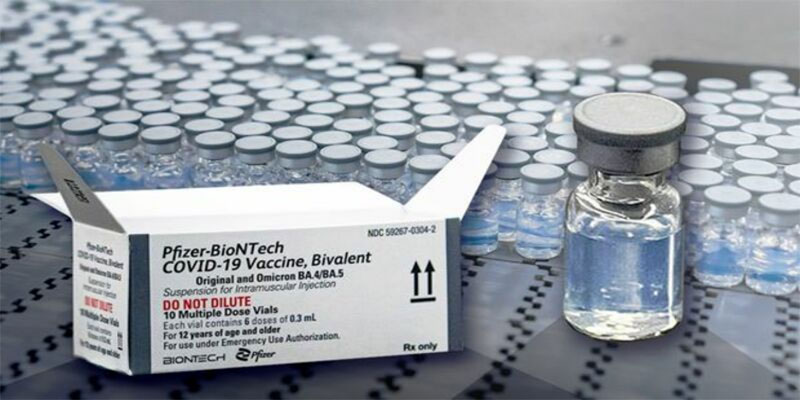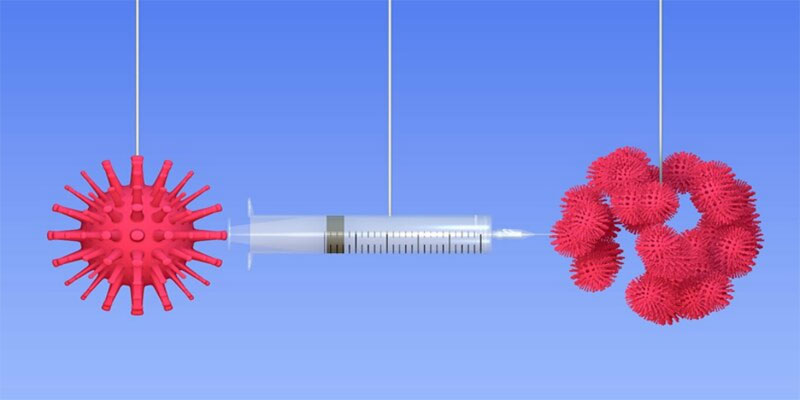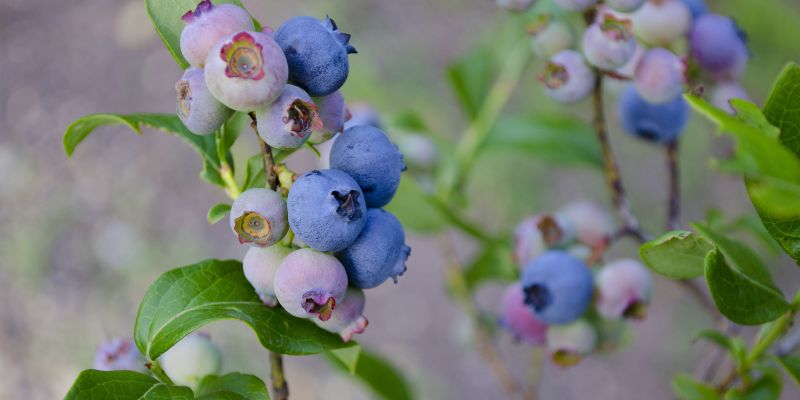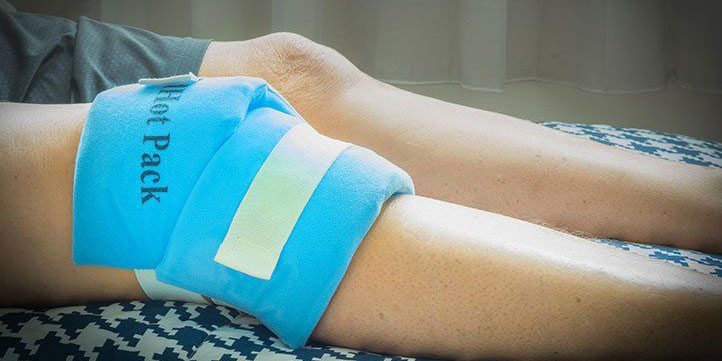Surprisingly contentious is the question of how best to increase immune responses to the COVID-19 vaccine; nevertheless, numerous already available vaccinations that are not COVID-19 often need three doses for complete protection. The recent ruling by the FDA to suggest an extra immunization in people aged 65 and higher in the USA shows the need to maintain to protect the poor, and a new research from Israel additionally supports the benefit of a third vaccine dosage in persons aged 60 years or older. Despite the fact that Bar-On et al. provide data in support of a second dose.
What Percentage Of People Experience Breakthrough Covid-19?
Preliminary studies indicate the possibility. However, it is relatively uncommon. For the Omicron strain, the mutation that makes it more contagious and, in some circumstances, resistant to the protection your body may have developed from vaccination makes this particularly pressing.
How Can I Get The New Booster Shot?

Those interested may get the new vaccination at local pharmacies and clinics. Because of the closure of several mass vaccination clinics around the country, you may need to find a new location to be vaccinated. Vaccines.gov is a site directory that you may use to find more relevant sites.
Who Is Eligible?
The Centers for Disease Control and Prevention (CDC) advised the Pfizer-BioNTech booster for anybody five years or older who has previously gotten a vaccine or booster injection at least two months before. Those aged six and over who have not been vaccinated within the last two months may acquire the Moderna vaccine.
In What Ways Do Vaccines Differ From Natural Immunity?
Both spontaneous infection and immunization may protect against COVID-19. They are similar in that they both stimulate antibody production in the body, which is crucial for fighting off the illness, but they are not identical. Amber D'Souza, PhD, an epidemiologist at the Johns Hopkins Bloomberg School of Public Health, tells Verywell, "Natural immunity confers some short-term protection against infection." However, recent studies have shown that natural immunity's protective effects wear off more quickly than vaccination. Those who have had COVID in the past but did not get vaccinated have a greater chance of developing the disease again than those who did.
Unvaccinated persons who have once been infected with COVID-19 are more than twice as likely to get infected again compared to those who are fully vaccinated, according to new research conducted by the Centers for Disease Control and Prevention (CDC). This data implies that the protection provided by vaccines may be superior to that provided by natural immunity. However, according to Albert Shaw, MD, PhD, PhD, there is a lot of variance in the immunological response from infection to vaccination. It also depends on "factors such as age and pre-existing medical conditions—both of which impact the function of the immune system" and "how much virus someone was exposed to and infected with, whether their course of COVID-19 was mild, moderate, or severe."
Due to these characteristics, not all people will have the same immune response to a natural illness. However, most patients are given the exact dosage with vaccination, standardizing the induced immune response. Getting COVID-19 is far riskier than being vaccinated against it.
Can Your Immunity Grow From A Breakthrough Case?

There has been some time-consuming conjecture regarding whether or not immunity from a breakthrough case might augment the present protection afforded by vaccinations. There is mounting evidence that breakthrough infections may significantly boost the immune response to viral types. Shaw argues that re-exposure to SARS-CoV-2 may elicit a more robust immune response in young, healthy people who have been completely immunized against the virus. Although breakthrough infections are often touted as a way to "enhance" immunity, more clinical investigations are required to fully understand the extent and durability of immunity after spontaneous infection and vaccination.
Conclusion
According to a recent laboratory study from Oregon Health & Science University, a breakthrough infection or a booster dosage offer nearly the same heightened immune response against the virus that causes COVID-19. However, the authors of the research note that it is worthwhile to acquire a boost to achieve "super immunity."One causes death by infection with a virus that has previously claimed the lives of almost 1 million Americans, while the other uses a tried and true vaccination. Using the highly infectious omicron BA.1 strain that produced a rise in cases globally over the winter, the new results expand on a prior line of laboratory studies evaluating the cross-neutralization of blood serum against the SARS-CoV-2 virus. Doctoral candidate Fikadu Tafesse may be seen chuckling to himself on the lawn outside the Vollum.




